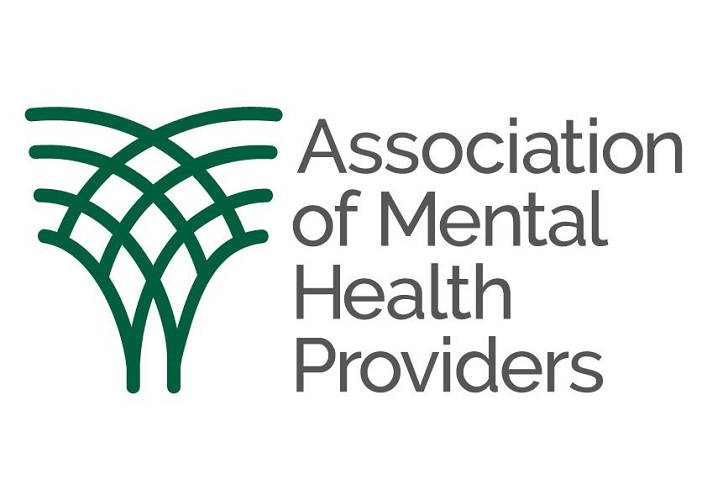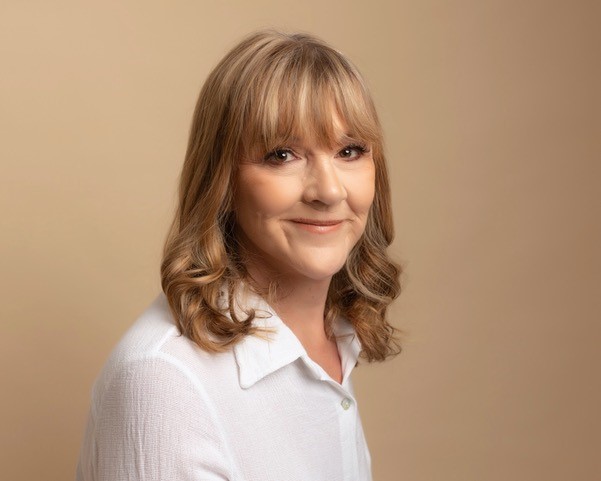Feedback from our 300 plus members, delivering over 3,000 services locally, regionally, and nationally, has long highlighted concerns that their social care and support services, keeping people safe and well in the community, have been underestimated and have not been recognised in funding analysis.

1 in 8 people supported by a VCSE organisation
Over 8 million people are supported by mental health VCSE organisations- that is 1 in 8 of our population – and a survey of our 300 plus members has revealed:
- a 100 per cent increase in waiting times for access to specialist referral and crisis services since summer 2022.
- a 50 per cent rise in people presenting with increasing needs, particularly with anxieties related to money and housing because of the cost-of-living crisis.
However, this mental health sector is often overlooked when it comes to allocating funding.
Mapping mental health services
Data has long played a role in how public services respond to complex problems, yet until now there has been a significant gap in the ability to link VCSE, independent and NHS mental health provision.
Working in partnership with experts in location intelligence and spatial analysis Esri, we have created the first ever complete picture of mental health service provision across England via a freely available interactive map. Through this tool, we can evidence what services, offered by which provider, are being delivered where.
The tool integrates data from NHS, Care Quality Commission (CQC), voluntary, community and social enterprise providers, plus other population and demographic data from the ArcGIS Living Atlas which includes Census data and some curated data sourced from the Office of National Statistics (ONS).
Designed to be used by Integrated Care Systems (ICS), Local Councils, Government and other decision and policy makers in the mental health and social care sector, as well as VCSE mental health providers, all stakeholders now have access to compelling data to help with planning, strategies and funding from national to local level.
The new tool is expected to be particularly valuable to the 42 ICS, who require an accurate, integrated picture of their populations and healthcare services. Using the map, they can now reveal areas where there is insufficient mental health service provision using robust data and make informed commissioning decisions.
At time of writing, the tool is mapping 843 CQC registered services and 884 Association of Mental Health Providers member branches. Initial findings suggest there is a level of unmet need for 2 million people.
Parity with physical health
Many of these VCSE services will often be the only support available to some of our most disadvantaged and marginalised communities including those that are racialised, children and young people, older people, people from an LGBTQ+, homeless, or criminal justice community. This whole-person, whole-system approach ensures that no one is left behind, and significantly, that there is a focus on prevention as well as recovery, reducing the wider impact on other services.
If more people could access the mental health care and support they need close to home, undoubtedly there would be less pressure on acute and crisis services and our urgent care within the NHS.
Nobody should be told they are too complex to be seen, because this goes beyond the impact on health services; poor mental health affects the economy.
The Health and Safety Labour Force Survey (LFS) found stress, depression or anxiety accounted for 17.0 million lost due to work-related ill health in 2021/22.
We believe this tool will pay a critical role in reducing health inequalities by improving access to mental health services within local communities, and as a result, it will reduce the pressure on acute, crisis and urgent services within the NHS.
The mapping tool can be found at: https://amhp.org.uk/mental-health-sector-mapping/

This mapping tool is an ongoing project and we encourage community engagement from the VCSE sector for data improvements and validation.
Kathy Roberts, CEO, Association of Mental Health Providers, the leading voice of the Voluntary, Community and Social Enterprise (VCSE) sector




